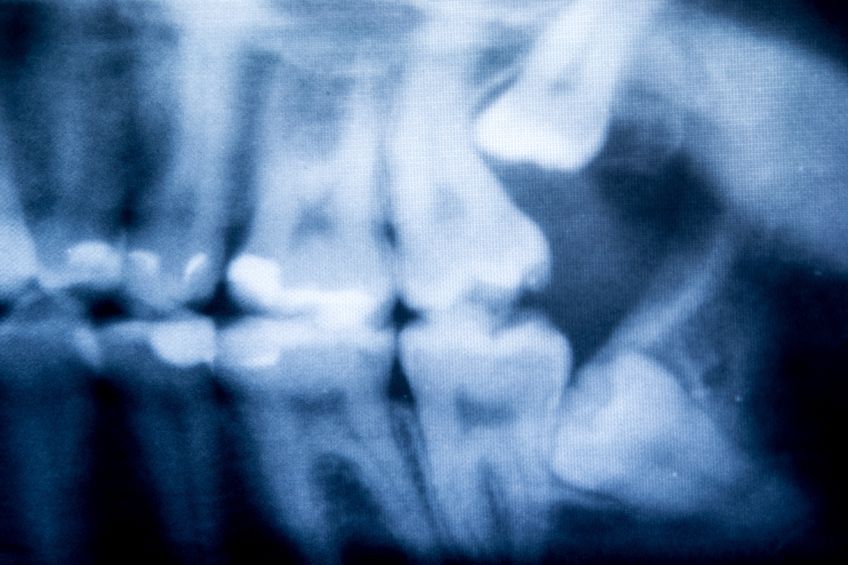Why Do People Still Have Wisdom Teeth?
- By Mary Marks
- •
- 07 Jun, 2019
- •

Wisdom teeth are the third set of molars that
grow out much later than our other molars, usually between the age of 17 of 21.
Wisdom teeth are the last ones that grow out, if at all (many people don’t have
wisdom teeth) and also the last ones on the sides of the mouth. Find other reasons, wisdom teeth should be removedHttps://www.coloradosedation.com.
Wisdom teeth are much flatter and larger than the other teeth and they are notorious for causing the most serious problems of all our teeth. The reason is that wisdom teeth are in fact vestigial structures that were used by our ancestors to grind raw food, but they no longer participate actively in the chewing process. Being used only very little by modern humans, wisdom teeth tend to cause problems during the process of growth and later on as well, that’s why many people need to have them extracted at some point in their life. One of the most serious issues associated with wisdom teeth is their apparent absence – the fact that your wisdom teeth have not erupted does not mean that they are not there, in many cases, wisdom teeth tend to grow underneath the surface of the gum, often horizontally, colliding with the next tooth in the line, causing pain, the decay of other teeth, crooked or crowded teeth, requiring removal.





Although oral sedation dentistry Highlands Ranch is one of the optionsavailable for managing anxiety and discomfort during oral surgery, you certainly do not need to use it all the time. As a matter of fact, the exact type of sedation or anesthesia that you receive during oral procedures may depend on various factors, such as the complexity of the procedure, your medical problems, as well as your doctor’s preferences.
There can be several different levels of sedation that can be used in oral surgery. Local anesthesia is one of them. This involves injecting anesthetic medication into the specific area where the surgery will take place. It numbs the area and is often used for less invasive procedures.
Oral sedation involves taking medication in the form of a pill to induce a state of relaxation and drowsiness. The patient is still conscious, but he/she may not be fully aware of the procedure. At any rate, sedation helps him/her get rid of anxiety.
In the case of intravenous sedation, medication is administered through a vein, which induces a deeper state of sedation than oral sedation. Patients may still be conscious, but they are less aware of their surroundings and may not remember the procedure.





